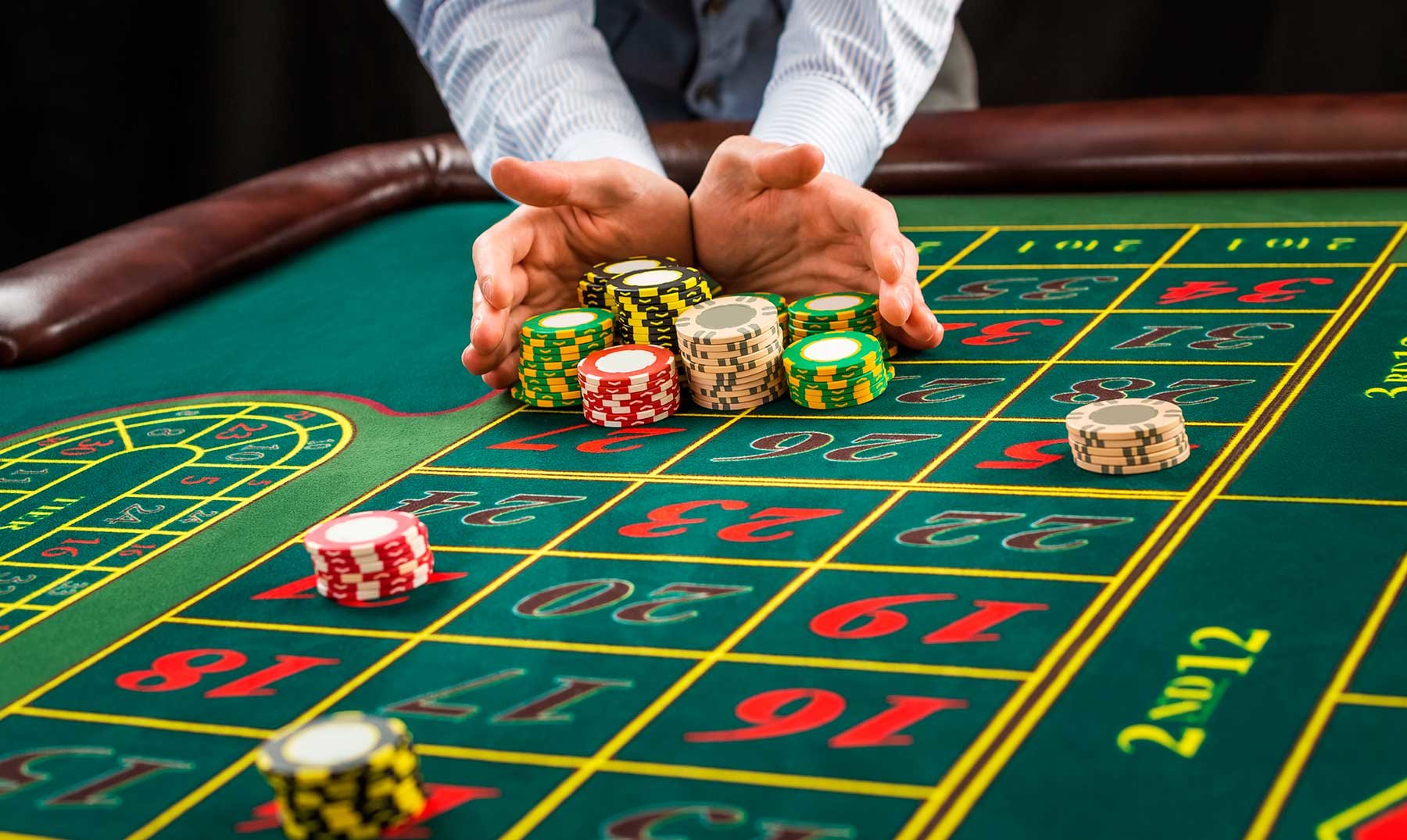
Gambling games have long been a fascinating entertainment option, drawing millions of players from diverse cultures around the globe. From the lively casinos of Las Vegas to the busy gambling halls of Macau, these games serve as a bridge that unites people across various backgrounds. The allure of fortune, strategy, and risk entices not only those hoping to strike it rich but also those seeking a feeling of belonging.
The significance of casino games extends significantly past the gaming floor. They often represent the values and principles of the societies in which they thrive. Games such as poker, 21, and the spinning wheel have woven themselves into the fabric of popular culture, influencing everything from movies to fashion. As we explore this intriguing intersection of gambling and society, we can comprehend better how casino games shape and are influenced by the world around us.
The roots of gambling activities can be tracked back to historical civilizations, where betting in various forms was extensively engaged in. In China, around 2300 BC, a form of lottery known as Keno was popular, while in ancient the Roman Empire, soldiers would often gamble on the results of their matches. The notion of using chance for fun and income progressed over the years, leading to the creation of more formal activities. By the final Middle Ages, gambling houses began to appear in Europe, especially in the Italian peninsula, which introduced early incarnations of popular games still played today.
As gambling expanded fame in European regions, the 17th and 18th centuries saw the emergence of gambling establishments as exclusive venues for betting. The initial official gambling house, the Ridotto, was founded in the city of Venice in the year 1638, offering games like Baccarat games and Faro games. This period marked a crucial turning point, as casinos began to attract not just the elite but also the expanding middle-tier society. The sophistication of games grew, leading to the creation of new rules and modifications that enriched the play experience.
In the 19th century, the industrial age and changes in social standards additionally altered the terrain of gambling games. The introduction of the game of roulette and modern slot machines attracted a more diverse crowd, and casinos became seen as legitimate forms of fun. This period witnessed the international spread of gaming, as gambling houses spread from Europe to the Western Hemisphere, culminating in the development of the iconic Las Vegas Boulevard in the 20th century. The development of gambling activities has persisted into the present day, including new technologies and digital services, rendering them accessible to a global audience.
### Cultural Significance within Diverse Societies
Gambling games have profound social importance in many societies throughout the globe. For instance, in Las Vegas, the very essence of the city is woven around casinos, where gaming is not just a hobby but a key aspect of leisure and community life. The dazzling lights and lively atmosphere attract a vast audience, showcasing how casino games can influence local economies and cultural identities. This environment transforms the notion of relaxation into an immersive encounter that influences fashion, sound, and even film.
On the other hand, some communities approach gambling with greater care, seeing it through the lens of ethical beliefs and heritage. For example, in various Oriental communities, games like Mahjongg and Pai Gow Poker are rich with history and possess significant social meanings. These games are often played during get-togethers and celebrations, fostering community bonds and strengthening family ties. The act of participating in these games goes above mere entertainment, reflecting principles such as honoring elders and the significance of communal fun.
Simultaneously, in Western countries such as Monte Carlo and Rome, gambling activities serve as symbols of opulence and elegance. The elegant atmosphere of these establishments attracts both visitors and native inhabitants, reinforcing a sense of prestige and elitism. The art of Texas Hold’em and the tactical components of games like banker’s game are celebrated, influencing community relationships and establishing an allure that enthralls a diverse audience. This underscores how games of chance can concurrently reflect and influence societal views towards hazard, reward, and community interaction.
Casino games play a significant role in the financial context of many regions, particularly those that rely heavily on visitor traffic. oke179 The revenue generated from casino operations fuels local economies, creating jobs not only within the casinos themselves but also in connected industries such as hotel management, restaurant services, and entertainment. This surge of tourists, drawn by the allure of games and the overall casino experience, stimulates expenditure across multiple businesses, contributing to the economic health of the area.
The presence of casinos often leads to the construction of infrastructure, including lodging, transportation systems, and recreational facilities. These developments are essential in improving the overall visitor satisfaction, making locations more attractive to tourists. Additionally, many casinos invest in local communities through support of activities and charitable activities, further integrating themselves into the social fabric of the locality. Such investment not only supports economic growth but also cultivates a positive image of the gambling sector.
In addition, the worldwide appeal of casino games drives tourism competition, with regions vying to attract players from around the world. Iconic locations like Las Vegas and Macau have become identifiable with gambling culture, drawing millions each year. This advantage encourages innovation and diversification within the gaming industry, influencing developments in leisure and accommodation that extend beyond their borders. The consequences of this tourism extend far, impacting local economies and cultural exchanges on a worldwide scale.